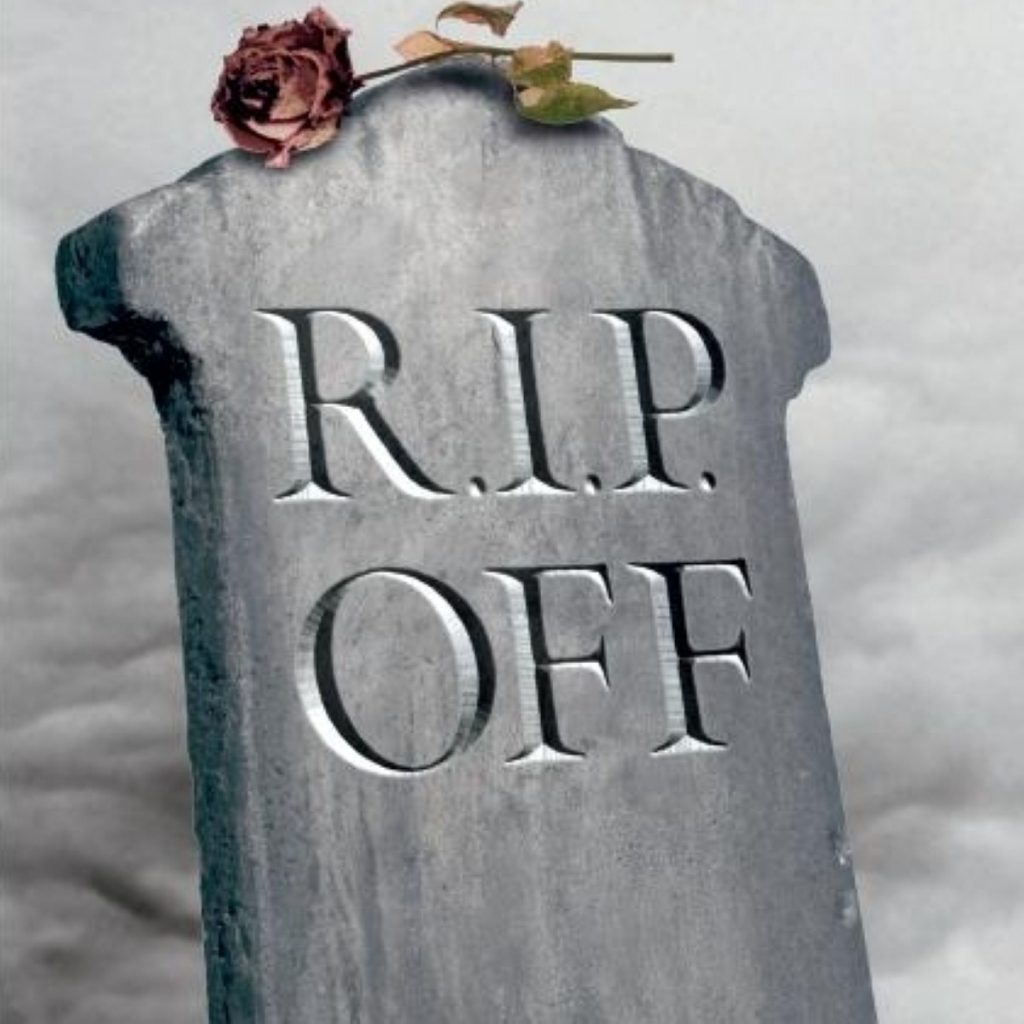Brown dodges ‘death tax’ claims
Gordon Brown avoided ruling out a compulsory inheritance tax levy to help fund his social care plans, amid intense criticism of his proposals.
Prime minister’s questions was dominated by David Cameron’s questions on the issue, after the Tories accused Labour of planning to impose a uniform £20,000 ‘death tax’ in the party’s latest poster campaign.


“Everybody wants to help more with care, but why does the prime minister think that so many of the people responsible for delivering this policy are so completely unconvinced by what he’s put forward?” Mr Cameron asked Mr Brown.
Health secretary Andy Burnham categorically denied the government was considering a £20,000 inheritance tax in response to Conservative allegations yesterday.
But in the Commons this lunchtime Mr Brown sought to avoid directly answering Mr Cameron’s request to “rule it in or rule it out”.
“They can make all the noise they want, they can put up all the posters,” he said.
“They have no substance, they have no judgement, they can hurl insults… they are not the new politics. They are the same old Tories.”
PMQs sketch: Brown stumbles, Cameron contradicts
Shadow chief secretary to the Treasury Philip Hammond said afterwards: “Today Gordon Brown was given three opportunities to deny he is planning a death tax to fill the black hole in his National Care Service plans – and each time he failed to do so.
“People can only assume that a vote for Labour is a vote for a £20,000 death tax.”
Analysis: ‘Death tax’ and the perils of spin
The creation of a national care service, first announced in Mr Brown’s conference speech last autumn, would see around half of those who currently need domiciliary care – around 250,000 – receive it in their homes for free.
His proposals are supposed to become reality in October this year and, having already completed their Commons stages, are working through the Lords in the personal care at home bill.
Critics say the government has failed to assess the true extent of the cost of the proposals, however.
These concerns were underlined by a group of around 70 councillors, who wrote in a letter to the Times today that they were appalled by ministers’ overreach on the issue.









